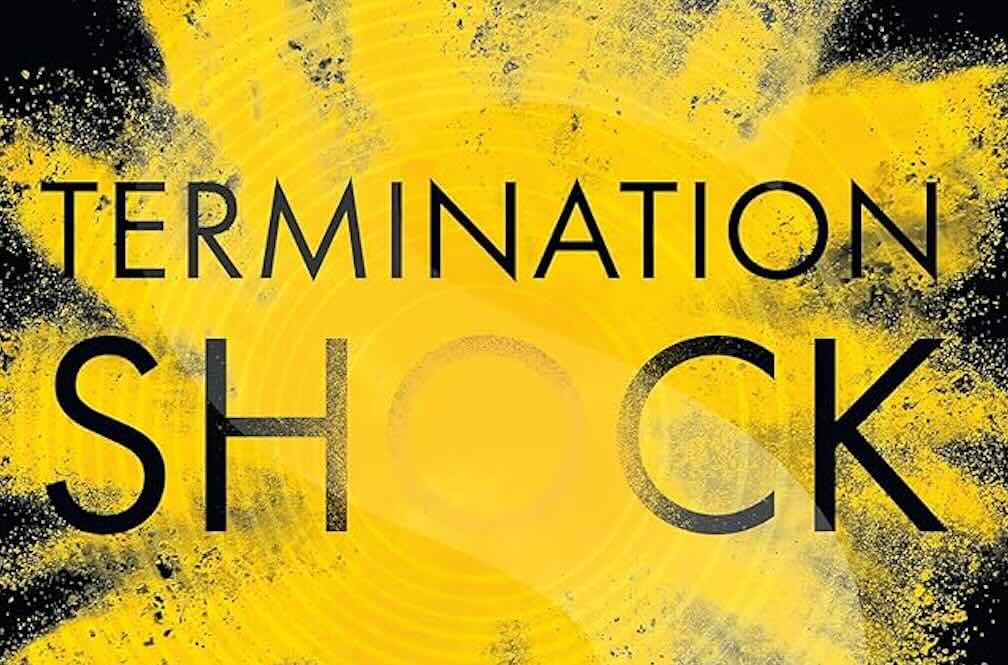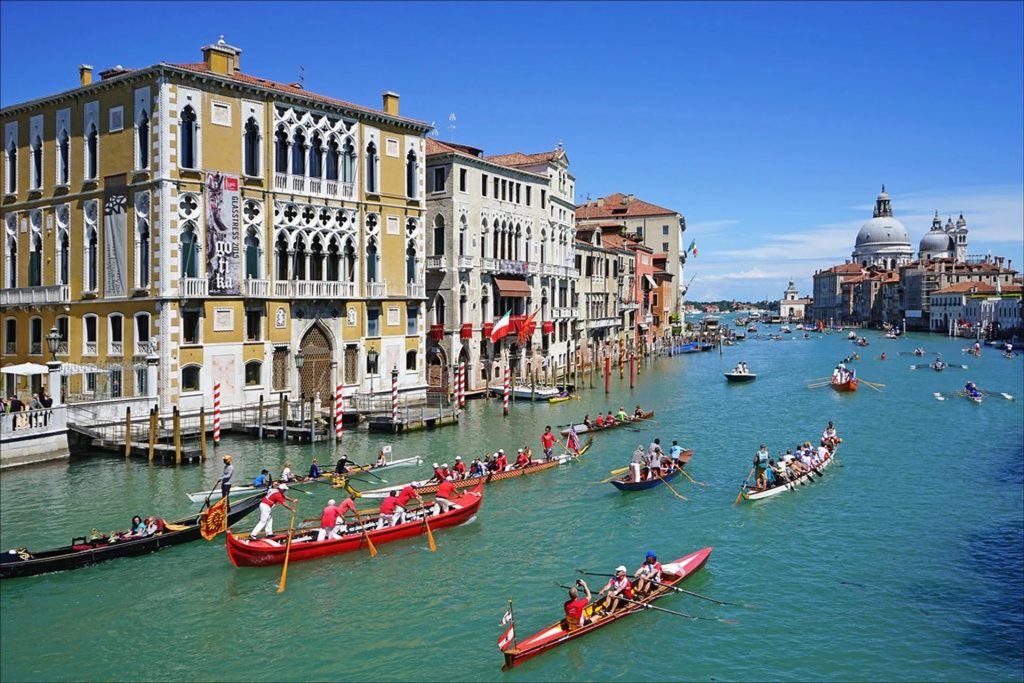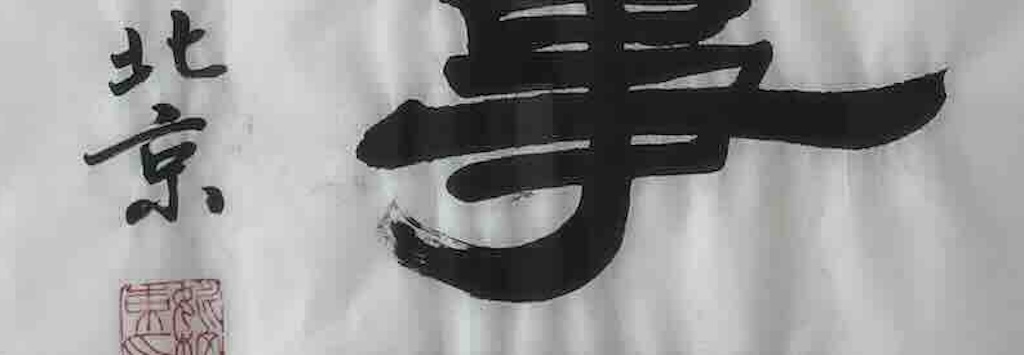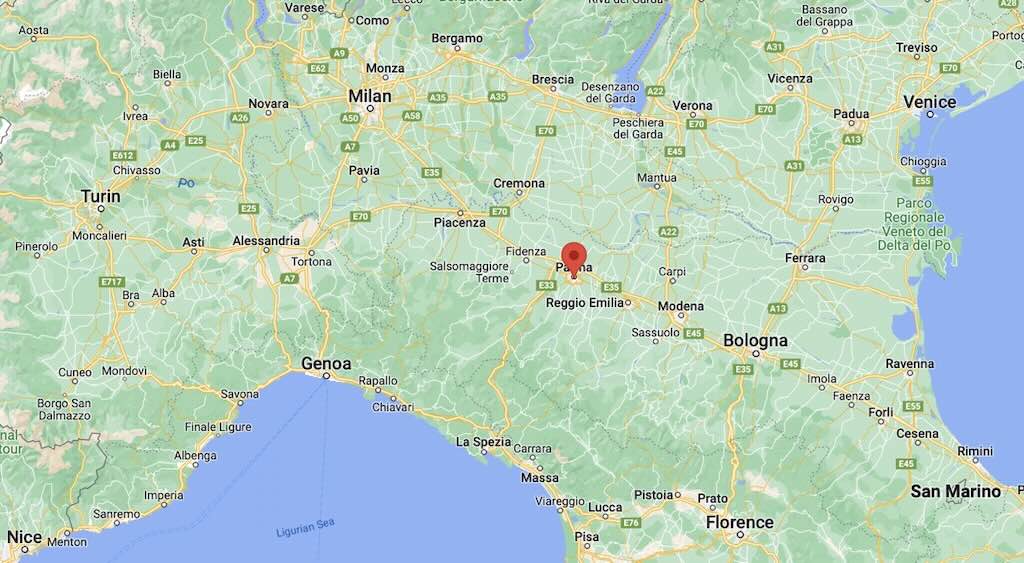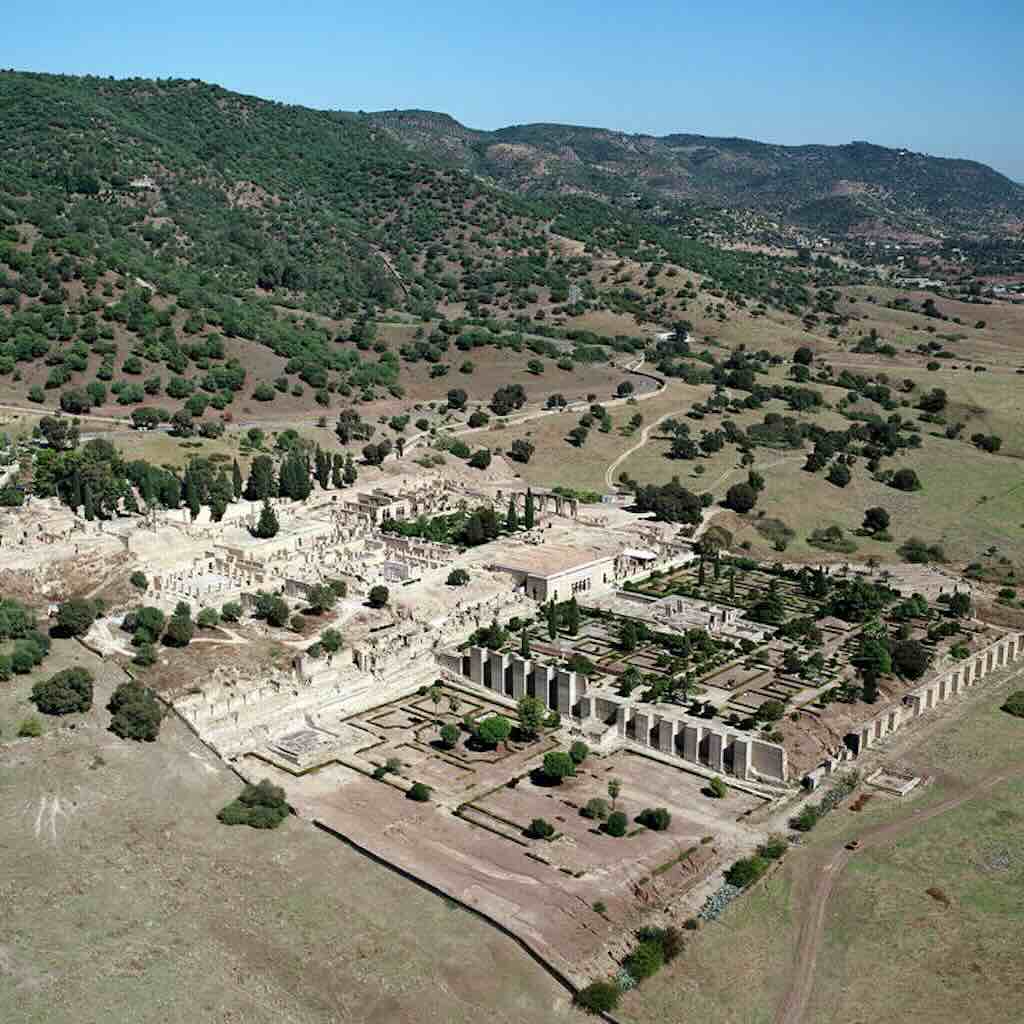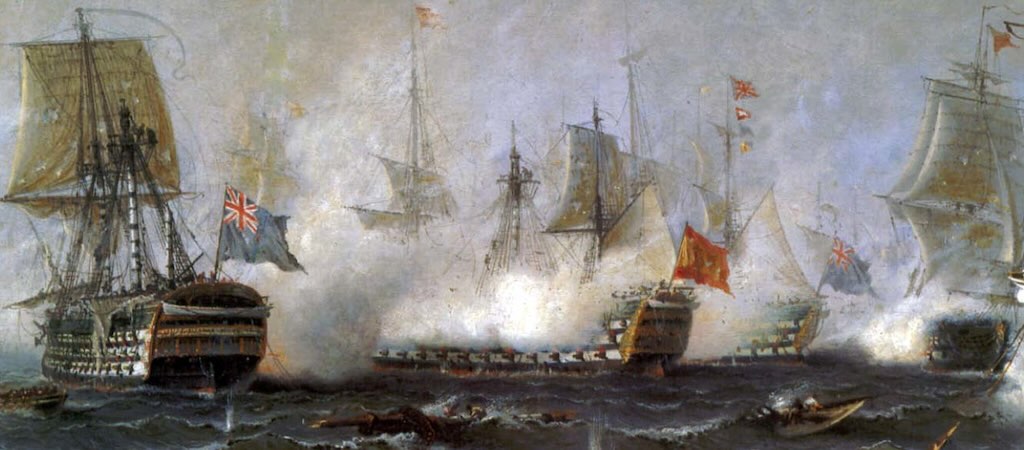Planning a relaxing holiday in the sun, I decided to buy three paperbacks, including Termination Shock by Neal Stephenson. I felt that a total of 1,483 pages should be enough for a week on a beach somewhere.
I haven’t read a novel in the last 20 years, but I do read a lot of techno-scientific literature, and enjoy finding out why the Burj Khalifa has such shallow foundations (its the sand), how good is face recognition software (not bad), or when will the Sagrada Família be finished (predicted 2028).
Living aboard it’s not always easy to source paperbacks “on the fly”, but I was lucky to find a book shop with quite a collection of English books, albeit mostly for the 3-12 year old. On the science fiction shelf I found Neal Stephenson’s book, and I remember being much impressed by his Snow Crash and The Diamond Age.
I had to pick my first book to read on the beach. It was a challenge, do I pick Neal Stephenson, a “New York Times bestselling author”, or what about a “Sunday Times bestseller”, or perhaps a different “New York Times bestseller” and “Blackwell’s Book of the Year”? So Termination Shock was my first choice.
What the critics thought?
Wikipedia tells us that some reviewers thought it was “wildly imaginative”, “fiercely intelligent”, and a “compelling read”. But Wikipedia also mentioned that others were less complimentary, with “only obliquely an example of Stephenson’s great gifts for speculative fiction”, and “Stephenson’s vision of our climate future doesn’t rise above the level of slightly smug, nerdy fun”.
It’s a shame that book covers tend only to include positive sounding reviews, but I would have probably given the author the benefit of the doubt and bought it anyway.
My opinion
I finished the book in about four days, but it was tough going. And not because of the sun, sea and sand. I tend to agree with the negative reviews, and I didn’t even find it “nerdy fun”. This was not a book “I couldn’t put down”. In fact I almost gave up for boredom after about 250 pages. The characters are only lightly sketched, and a bit stereotyped, although I liked Saskai. There is a lot of contextualisation about wild pigs, Sikhs, and rising sea levels, but it’s smeared over far too many pages.
After the first 250 pages of ‘I am losing interest in what’s going to happen next”, the book did liven up a bit. But the last 300 pages were a slog, and I admit I started to scan a bit since the story started to become predicable, and a bit turgid.
I can’t even drum up the enthusiasm to write a detailed critique. But on the positive side I might just buy Snow Crash and The Diamond Age to read again (then again I might not). Another positive is that by leaving all 708 pages of Temination Shock in my hotel room, I had a bit of space for some trinkets from a local museum.
Looking back at this book it crossed my mind that, at times, it read like an early draft of a James Bond, but missing James Bond.
However, what this book did do, is to suggest that “climate change” might just have within it the potential for great science and compelling literature, but unfortunately Termination Shock is neither.
